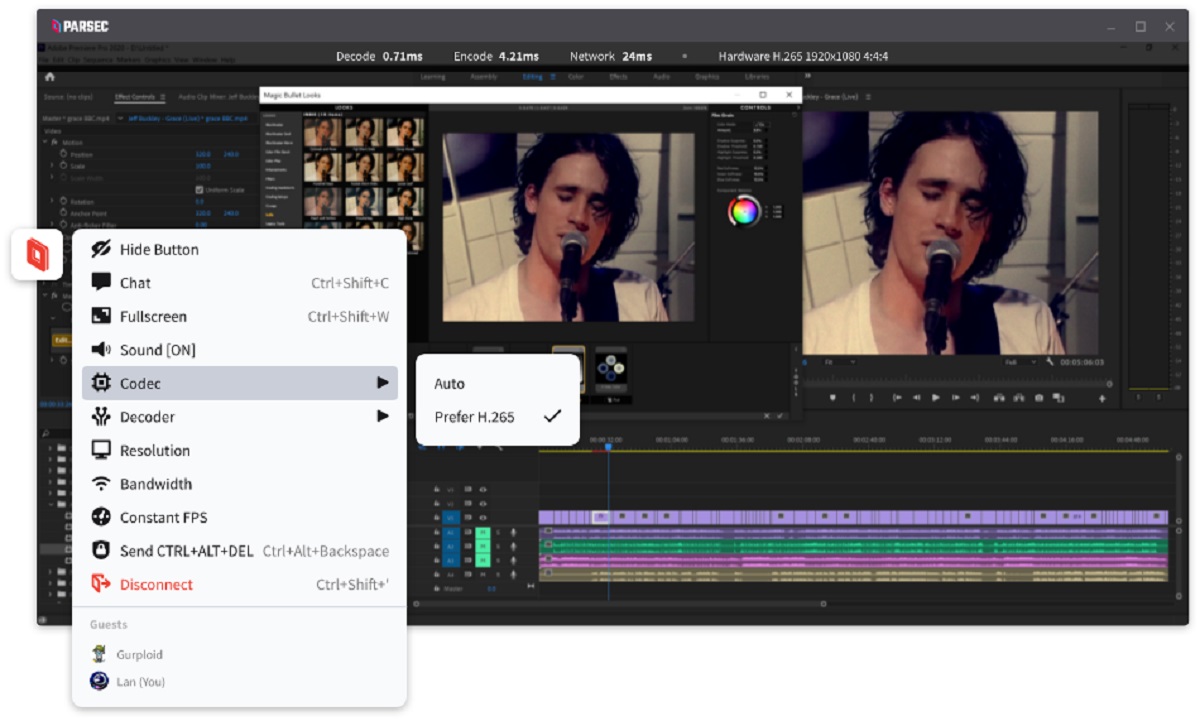Parsec is taking its pandemic-born remote game development service and turning it into a cloud computing service for remote enterprise workers.
New York-based Parsec used streaming technology to give consumers access to remote computers. During the pandemic, it created Parsec for Teams to support game companies that needed to help remote workers access heavy-duty files on their work computers via their home PC.

Unlock premium content and VIP community perks with GB M A X!
Join now to enjoy our free and premium membership perks.
![]()

![]()